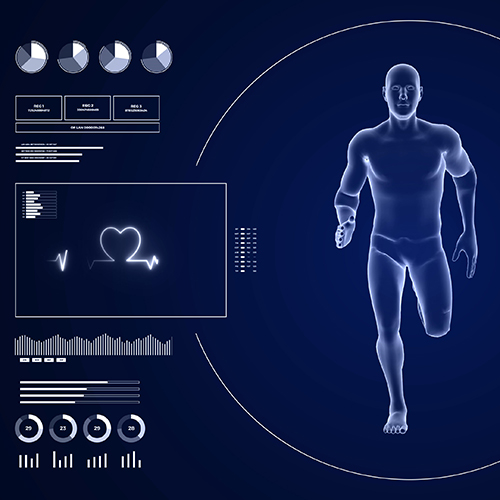The Victorian Women’s Health Services Network (WHSN) welcomes the ongoing leadership of the Victorian State Government in acknowledging and improving women’s experiences within the healthcare system. The release of a landmark survey, Listening to Women’s Voices, describes the ‘gender pain gap’, and coincides with the announcement of an Inquiry into Women’s Pain, reflecting what our sector has long known – that women’s health and wellbeing suffers from systemic inequalities.
Amanda Kelly, Co-Deputy Chair of WHSN and Chief Executive Officer of Women’s Health Goulburn North East, said that the Women’s Health Services are pleased with the commitment shown by the Allan Government to applying a gender lens over Victoria’s healthcare system, and applaud the acknowledgement of women’s lived-experience as vital in identifying systemic issues impacting their health and wellbeing.
“We commend Premier Jacinta Allan and Minister for Health Mary-Anne Thomas for their continuing leadership in addressing the gender bias that disproportionately impacts women and girls within our health system,” Ms Kelly said.
“The results of the Listening to Women’s Voices survey highlight the cultural and systemic barriers many women face when seeking help for conditions relating to sexual and reproductive health.”
The WHSN emphasised the need to invest in and embed an intersectional lens to systemic reform across the settings which enable healthcare delivery to women and gender-diverse people, from research and training to governance, funding and policy development.
“The Women’s Health Sector knows and has first-hand experience of seeing and addressing the historical impact of excluding women’s bodies from medical research and the lack of attention to women’s sexual and reproductive health outside of specialist training. It has fostered a blind spot when it comes to chronic pain and other health concerns in women across our health system.” Ms Kelly said.
Kit McMahon, CEO of Women’s Health in the South East (WHISE) and Co-Deputy Chair of the WHSN reiterated this reality, and highlighted that to address the gender bias in Victoria’s Health system – the results of which can be seen in Listening to Women’s Voices, will take partnerships, health promotion, prevention and addressing structural barriers across health structures.
“If we are going really listen to the voices that we hear in the report, really centre those lived experiences, then we need to ensure that the change initiatives are strategic and practical and backed by long term vision and policy,” said Ms McMahon
“This is the only way to truly address gender inequity prevalent in our health system.”
For the WHSN the Listening to Women’s Voices survey results demonstrate the ongoing need for training reform and capacity building among the primary care workforce – particularly for women facing intersectional barriers and in rural and regional areas where travel, cost and telecommunication issues are more likely to impact access to specialist services.
“Regional Victoria’s complex sexual and reproductive health barriers demand comprehensive solutions,” Ms Kelly said.
“Factors like a shortage of specialists, long wait times for interpreters and poor public transport options contribute to inequitable healthcare access for our women, emphasising the need for systemic change which ensures essential healthcare is easily accessible to everyone.”
Ms Nadia Mattiazzo, CEO of Women with Disabilities Victoria notes the higher impact to employment outcomes for women with disabilities and members of the LGBTQIA+ communities and says that “Providing more accessible and inclusive information and services will address the intersectional barriers for women who experience chronic pain across the Victorian community.”
“We also need to support our health infrastructure to be intersectional in its practice. This takes time, support and expertise,” said Kit McMahon.
“The Women’s Health Services staff were heavily involved in prevention and public health work on the ground during COVID and if there is one message and lesson that we can draw from that time for this work today, it’s that women across Victoria face compounding barriers to accessing our health system and having their concerns heard and respected.
“In particular we found a strong need to improve the cultural responsiveness of the health system a access for migrant and refugee women. Partnering with community so that the services are designed to meet diverse needs is vital.”
“The WHSN is committed to working alongside government to embed an intersectional lens across the healthcare system by engaging in workforce capacity building, supporting policy audits and facilitating increased gender equity through placed-based initiatives focusing on the health and wellbeing of women across Victorian communities,” said Ms Kelly.
She continued to wholeheartedly agree with the Premier’s statement that “… when we support women’s health, we support the health of all Victorians.”
The WHSN are feminist pro-choice organisations that bring an evidence-based understanding of the Victorian sexual and reproductive health service system.







